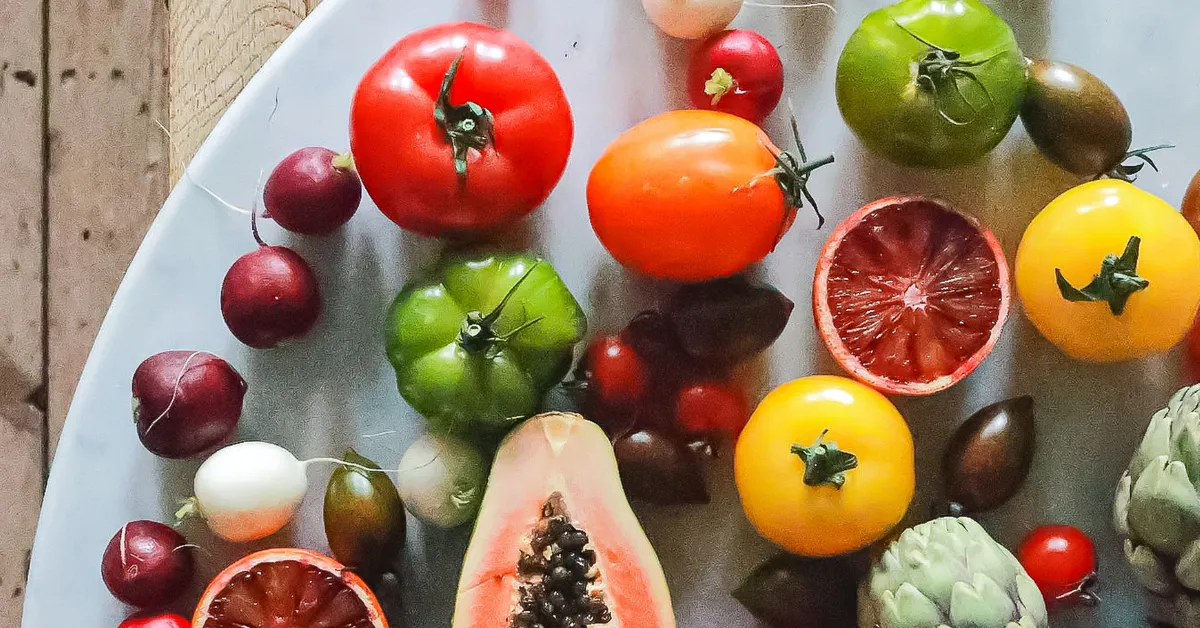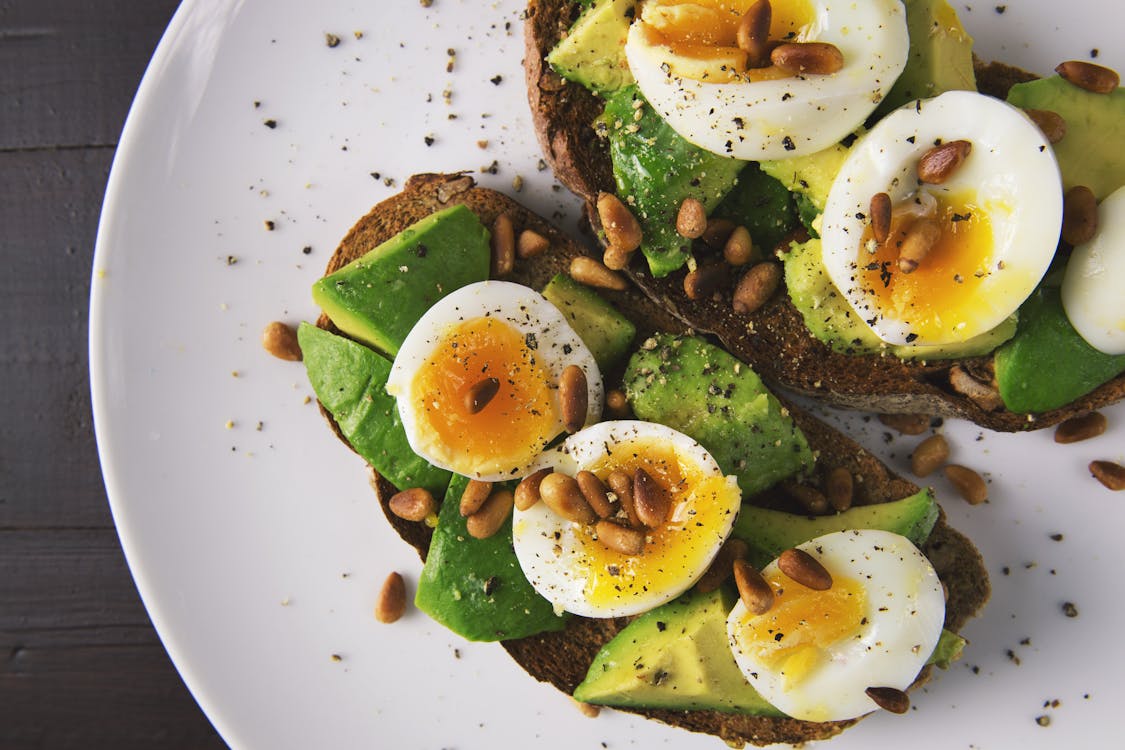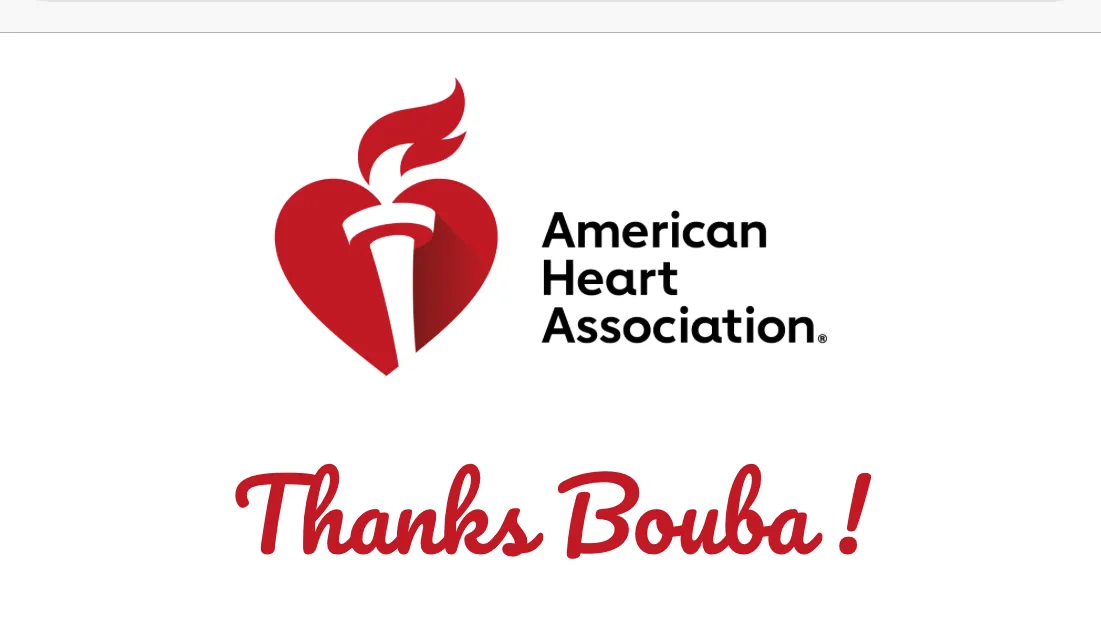HGF
Welcome Message

On the behalf of our team and myself, welcome to our Website.
Heart of a Giant Foundation (HGF) was born from my personal journey and steadfast commitment to advocacy, resilience, and positive change. Throughout my journey to receiving a heart transplant, I gained a unique insight into the challenges and intricacies of our healthcare system. This life-altering experience ignited my passion to support others navigating similar paths, a journey I understand intimately.

Meet the Founder
Meet Somaneh 'Bouba'!
Business Professional, Entrepreneur, and Heart Health Advocate
Somaneh "Bouba" Diemé is an accomplished engineer, passionate entrepreneur, and dedicated community leader committed to empowering patients, caregivers, and the broader community in heart health. As a long-time heart patient turned community health innovator, Bouba leverages his unique experiences and skills to foster connection, learning, and growth among patients and healthcare professionals.
Personal Journey and Mission:
Bouba's journey began over a decade ago when he was diagnosed with a congenital heart condition, leading to a prolonged battle with chronic heart disease and, ultimately, a life-saving heart transplant. This personal experience ignited his commitment to raising awareness, providing support, and driving positive change for those affected by heart conditions, particularly in at-risk communities.
Heart of a Giant Foundation:
As the founder of the Heart of a Giant Foundation (HGF), Bouba has led the organization to achieve significant milestones in empowering individuals at high risk of heart conditions. The foundation's programs focus on education, support, and direct intervention, helping individuals achieve self-sufficiency and improved quality of life.
Global Impact and Leadership:
Bouba is renowned for his advocacy and leadership in healthcare innovation, focusing on preventing heart diseases and improving patient outcomes. His mission to enhance local and global health is fueled by his social connections, professional knowledge, and personal experience with heart failure. By volunteering within his community and bringing a unique perspective from living in diverse parts of the world, including areas with limited resources, Bouba continues to make significant strides in raising awareness and driving positive change.
Community and Beyond:
Based in Boston, MA, with his family, Bouba's impact extends beyond his local community to his home countries of Mali and Senegal. His dedication to fostering connections and improving healthcare initiatives has made him a sought-after speaker and collaborator.
Contact Information:
For speaking engagements, collaborations, or partnership opportunities, please feel free to reach out to Bouba. Together, we can make a difference in the lives of those affected by heart conditions. Contact details can be provided upon request.
Key Achievements and Focus Areas:
- Education: Providing comprehensive heart health education to at-risk communities.
- Support: Offering resources and support networks for patients and caregivers.
- Direct Intervention: Implementing programs that directly improve the quality of life for individuals with heart conditions.
- Advocacy: Raising awareness and driving changes to enhance heart health outcomes globally.
Bouba's unwavering commitment and innovative approach inspire and empower individuals and communities worldwide.
Bouba’s Blog
Welcome to My Blog!
Welcome to My Heart Health Journey Blog
Hello, I'm Somaneh "Bouba" Diemé, a passionate advocate for heart health and the founder of the Heart of a Giant Foundation. I'm thrilled to have you join me here as I share my personal journey with heart failure and life as a heart transplant recipient.
From 2012 to 2022, I survived congestive heart failure caused by a congenital heart defect, leading to open-heart surgery to implant an LVAD (Left Ventricular Assist Device) pump. After a six-year wait, I finally received a heart transplant in late 2022. This journey has not only shaped my life but also fueled my commitment to improving patient outcomes and empowering individuals to lead healthier lives.
Through this blog, I aim to:
-Share my unfiltered experiences as a heart failure survivor and heart transplant recipient.
-Provide insights into the patient's perspective, making it more relevant to the improvement of therapies and healthcare systems.
-Empower and educate others about heart health, advocacy, and the power of community support.
-Inspire hope and resilience in those facing similar challenges.
Join the Journey.I invite you to be part of this journey, engaging with my stories, learning from my experiences, and contributing to the conversation. Together, we can drive positive change in heart health outcomes and improve the lives of patients worldwide.
Thank you for your support and for being part of this community!
New to the blog? Start by exploring some of my key posts and don't forget to subscribe to stay updated on new content.
Disclaimer: The information shared on this blog is based on my personal experiences and is not intended to replace professional medical advice. Always consult with a healthcare provider for any medical issues.

Latest Blogs

10 WAYS YOUR DIET CAN HELP YOU MAINTAIN GOOD HEART HEALTH
When it comes to maintaining a healthy heart, diet plays a crucial role. What we eat directly impacts our cardiovascular health, and making smart food choices is essential for anyone looking to improve or maintain their heart health. By understanding the link between diet and heart health, we can make informed decisions about food intake and how to adopt a heart-healthy lifestyle.
1. Emphasize Balance
A balanced diet is the foundation of good heart health. Opt for a variety of nutrient-dense foods, including fruits, vegetables, whole grains, lean proteins, and healthy fats. These foods provide essential vitamins, minerals, fiber, and antioxidants that support cardiovascular health.
2. Choose Heart-Healthy Fats
Replace saturated and trans fats with healthier fats, such as monounsaturated and polyunsaturated fats. Include sources like avocados, nuts, seeds, fatty fish (salmon, mackerel), and olive oil. These fats can help lower bad cholesterol levels (LDL) and reduce the risk of heart disease.


Photo by Foodie Factor
3. Limit Sodium Intake
Excessive sodium consumption can contribute to high blood pressure, which, as we know, is a major risk factor for heart disease. Read food labels and opt for lower-sodium options. Use herbs, spices, and other flavorings to enhance the taste of meals instead of relying on salt.
4. Reduce Added Sugars
High intake of added sugars has been linked to obesity, diabetes, and heart disease. Minimize consumption of sugary beverages, processed snacks, and desserts. Instead, choose naturally sweet and delicious options like fresh fruits.
5. Increase Fiber-Rich Foods
Fiber helps reduce cholesterol levels and maintain a healthy weight. Include whole grains, legumes, fruits, and vegetables in your daily meals to boost fiber intake. These foods can provide a sense of fullness and support overall heart health.
6. Control Portion Sizes
Speaking of fullness, be mindful of portion sizes to avoid overeating. Eating larger portions can lead to weight gain and increase the risk of heart disease. Use smaller plates, practice mindful eating, and listen to your body’s hunger and fullness cues.


Photo by Ella Olsson
7. Limit Processed and Fast Foods
Processed and fast foods tend to be high in unhealthy fats, sodium and added sugars. These can contribute to weight gain, high blood pressure, and other cardiovascular issues. Minimize consumption and choose homemade meals using fresh, whole ingredients whenever possible.
8. Stay Hydrated
Adequate hydration is vital for heart health. Opt for water as your primary beverage choice and limit sugary drinks or excessive caffeine intake. Proper hydration supports overall cardiovascular function and helps maintain optimal blood pressure levels.
9. Moderate Your Alcohol Consumption
If you choose to drink alcohol, do so in moderation. Excessive alcohol consumption can raise blood pressure and contribute to heart disease. Stick to recommended limits: no more than one drink per day for women and up to two drinks daily for men.


Photo by Jane Doan
10. Consult with a Healthcare Professional
Consider consulting with a registered dietitian or healthcare professional for personalized dietary advice and guidance. They can assess your individual needs and help tailor a heart-healthy eating plan that suits your preferences, lifestyle, and medical profile.
Remember, maintaining a healthy heart requires a holistic approach that includes regular physical activity, stress management, and avoiding tobacco use. By incorporating these dietary recommendations and making informed choices, you can take positive steps towards feeling great and optimizing your heart health and your overall well-being.


News & Media
Sign-up to stay updated with the latest news, interviews, and media appearances of Somaneh “Bouba” Diemé.
Discover how Bouba makes waves in healthcare advocacy, patient support, and heart health education. Follow his journey as he shares insights, success stories, and ongoing efforts to drive positive change in healthcare systems worldwide.
Latest News

10 WAYS YOUR DIET CAN HELP YOU MAINTAIN GOOD HEART HEALTH
When it comes to maintaining a healthy heart, diet plays a crucial role. What we eat directly impacts our cardiovascular health, and making smart food choices is essential for anyone looking to improve or maintain their heart health. By understanding the link between diet and heart health, we can make informed decisions about food intake and how to adopt a heart-healthy lifestyle.
1. Emphasize Balance
A balanced diet is the foundation of good heart health. Opt for a variety of nutrient-dense foods, including fruits, vegetables, whole grains, lean proteins, and healthy fats. These foods provide essential vitamins, minerals, fiber, and antioxidants that support cardiovascular health.
2. Choose Heart-Healthy Fats
Replace saturated and trans fats with healthier fats, such as monounsaturated and polyunsaturated fats. Include sources like avocados, nuts, seeds, fatty fish (salmon, mackerel), and olive oil. These fats can help lower bad cholesterol levels (LDL) and reduce the risk of heart disease.


Photo by Foodie Factor
3. Limit Sodium Intake
Excessive sodium consumption can contribute to high blood pressure, which, as we know, is a major risk factor for heart disease. Read food labels and opt for lower-sodium options. Use herbs, spices, and other flavorings to enhance the taste of meals instead of relying on salt.
4. Reduce Added Sugars
High intake of added sugars has been linked to obesity, diabetes, and heart disease. Minimize consumption of sugary beverages, processed snacks, and desserts. Instead, choose naturally sweet and delicious options like fresh fruits.
5. Increase Fiber-Rich Foods
Fiber helps reduce cholesterol levels and maintain a healthy weight. Include whole grains, legumes, fruits, and vegetables in your daily meals to boost fiber intake. These foods can provide a sense of fullness and support overall heart health.
6. Control Portion Sizes
Speaking of fullness, be mindful of portion sizes to avoid overeating. Eating larger portions can lead to weight gain and increase the risk of heart disease. Use smaller plates, practice mindful eating, and listen to your body’s hunger and fullness cues.


Photo by Ella Olsson
7. Limit Processed and Fast Foods
Processed and fast foods tend to be high in unhealthy fats, sodium and added sugars. These can contribute to weight gain, high blood pressure, and other cardiovascular issues. Minimize consumption and choose homemade meals using fresh, whole ingredients whenever possible.
8. Stay Hydrated
Adequate hydration is vital for heart health. Opt for water as your primary beverage choice and limit sugary drinks or excessive caffeine intake. Proper hydration supports overall cardiovascular function and helps maintain optimal blood pressure levels.
9. Moderate Your Alcohol Consumption
If you choose to drink alcohol, do so in moderation. Excessive alcohol consumption can raise blood pressure and contribute to heart disease. Stick to recommended limits: no more than one drink per day for women and up to two drinks daily for men.


Photo by Jane Doan
10. Consult with a Healthcare Professional
Consider consulting with a registered dietitian or healthcare professional for personalized dietary advice and guidance. They can assess your individual needs and help tailor a heart-healthy eating plan that suits your preferences, lifestyle, and medical profile.
Remember, maintaining a healthy heart requires a holistic approach that includes regular physical activity, stress management, and avoiding tobacco use. By incorporating these dietary recommendations and making informed choices, you can take positive steps towards feeling great and optimizing your heart health and your overall well-being.
The Heart of a Giant Foundation, Inc. is a 501(c)(3) nonprofit organization, EIN 84-2900386. Donations are tax-deductible.

